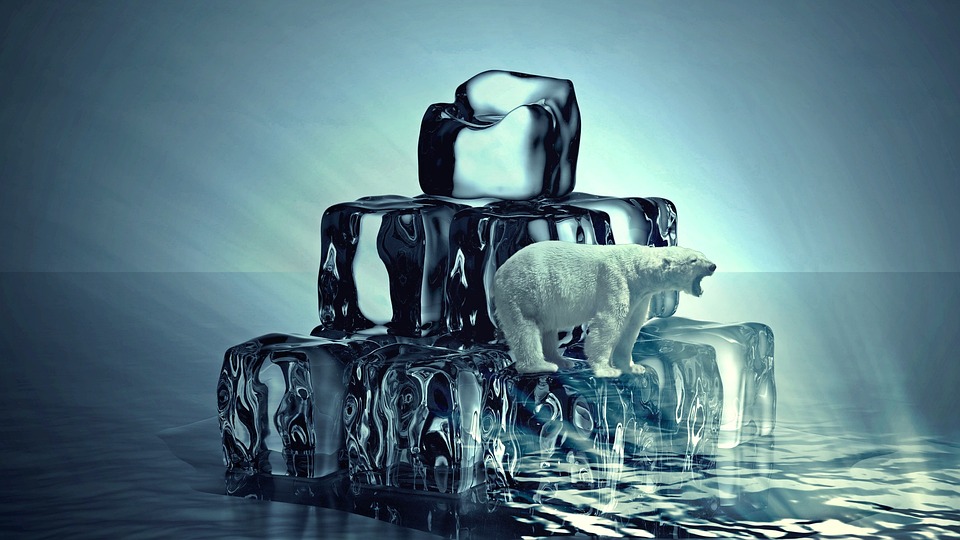Navigating Climate Change Denial: Debunking Common Myths and Misconceptions
Introduction
Climate change denial has been a hotly debated topic for many years, with some individuals refusing to accept the overwhelming evidence that human activities have contributed to the warming of our planet. While it’s important to have open and honest discussions about climate change, it’s also crucial to debunk common myths and misconceptions that fuel denial. In this article, we will explore some of the most prevalent myths surrounding climate change and provide evidence to debunk them.
Myth #1: Climate change is a natural cycle, not caused by human activities
One of the most common arguments put forth by climate change deniers is that the Earth’s climate has always undergone natural cycles of warming and cooling, and that the current warming trend is simply another natural occurrence. While it is true that the Earth’s climate has fluctuated throughout its history, the rate of warming we are experiencing now is unprecedented and cannot be explained by natural factors alone.
The overwhelming consensus among climate scientists is that human activities, such as the burning of fossil fuels and deforestation, are the primary drivers of the current warming trend. The evidence is clear: greenhouse gas emissions from human activities have increased dramatically since the Industrial Revolution, leading to a rapid rise in global temperatures. In fact, 97% of climate scientists agree that human activities are responsible for global warming.
Myth #2: The Earth is not actually warming
Another common myth perpetuated by climate change deniers is that the Earth is not actually warming, or that the warming trend has stagnated in recent years. However, multiple lines of evidence clearly show that the Earth is warming at an alarming rate. Temperature records from around the world, satellite data, and direct measurements all confirm that global temperatures are on the rise.
In addition, the impacts of this warming trend are already being felt, with more frequent and intense heatwaves, droughts, and extreme weather events occurring across the globe. The melting of polar ice caps and glaciers, rising sea levels, and shifts in animal and plant habitats are all further evidence of the warming planet.
Myth #3: Climate models are unreliable and cannot be trusted
Some climate change deniers argue that climate models used to predict future temperatures are unreliable and should not be trusted. While it is true that climate models are not perfect, they are based on decades of research and observations and have been shown to accurately simulate past climate trends.
Climate models take into account a wide range of factors, including greenhouse gas emissions, solar activity, volcanic eruptions, and ocean currents, to predict future climate scenarios. While there is always uncertainty in any scientific prediction, the consensus among climate scientists is that these models are a valuable tool for understanding the potential impacts of climate change and developing strategies to mitigate its effects.
Myth #4: Climate change is not a pressing issue and can be dealt with in the future
Another common misconception perpetuated by climate change deniers is that climate change is not a pressing issue and can be dealt with in the future when technology has advanced further. However, the reality is that the impacts of climate change are already being felt around the world and will only worsen if action is not taken immediately.
The Intergovernmental Panel on Climate Change (IPCC) has warned that we have a limited window of opportunity to limit global warming to a manageable level and avoid devastating consequences for the planet. The longer we wait to take action, the more difficult and costly it will be to address the challenges of climate change.
Conclusion
In conclusion, climate change denial is a dangerous and misguided position that ignores the overwhelming scientific evidence supporting the reality of global warming and its human causes. By debunking common myths and misconceptions surrounding climate change, we can work towards a more informed and constructive dialogue on this critical issue.
It is crucial that we listen to the expertise of climate scientists and take action to reduce greenhouse gas emissions, transition to renewable energy sources, and adapt to the impacts of a changing climate. Only by working together to confront the challenges of climate change can we create a sustainable future for our planet and future generations.
